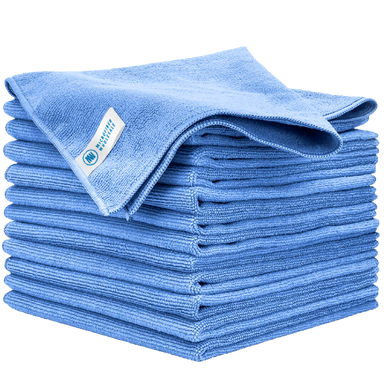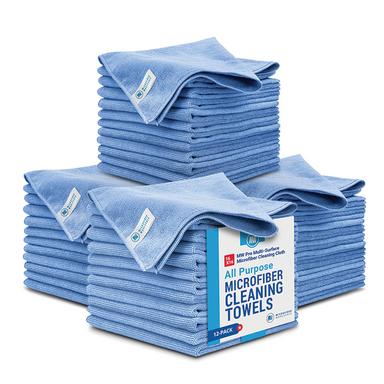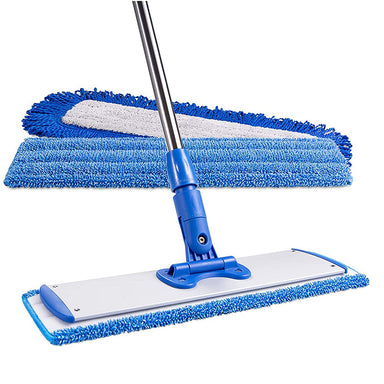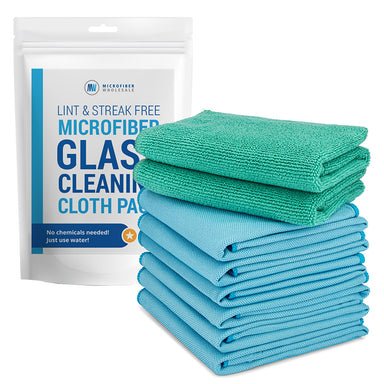Why Thriftiness is the Enemy of Innovation
Quick fixes, status buying, and penny-pinching harm everyone, but no one more so than small business owners, which sadly make up a huge percentage of the professional cleaning industry.
In business, you have to experiment to innovate and find your next big market advantage. If you look at the inner workings of ANY fast-growing and thriving business, you will see constant experimentation, failures, and trying again, which over time results in incremental growth.
To make an omelet, you have to break some eggs is the mantra of businesses that become household names. These successful business owners understand that their workers are not psychic. Everyone will eventually try something that fails or find something new that works far better than the solution they thought was great only six months ago, so successful owners budget for failures in the incremental innovation cycle.
For those in business that are still struggling with poverty-driven spending habits, investing in innovation can be a huge mental hurdle. Being raised on the “clean your plate” and “waste not want not” mantras, their instinct is to quick-fix buy whatever supplies seem like they will work to get started. Then they usually prioritize what looks like a “good deal,” followed by a sense of guilt that tells them they have to use up these quick-fix purchases till they are absolutely threadbare, even if they don’t work as promised or they find better options, lest they be labeled wasteful.
Whether it’s their employees spending hours longer cleaning with bad supplies or the owner themselves wasting endless evenings tinkering with junky broken vacuums, wasted time and labor become the currency of the owner’s inability to let go. Clinging to the “waste not want not” mentality, they fail to recognize that squandered labor, energy, and stress count as waste, too, resulting in lost business growth, profits, and eventually employee turnover as everyone gets burnt out.
Eventually, these well-meaning tightfisted owners unwittingly stifle all innovation in their organization, as no one will dare experiment for fear of being forced to use their failure for months on end.
The biggest challenge in this situation is not that the financially struggling owner doesn’t realize that innovation is important and creates success, they just don’t subconsciously see themselves and their workers as being worthy of investing in. They know Apple and Tesla ditch old designs for new breakthroughs every year, but can’t bring themselves to throw out a half a spray bottle of old cleaner that never worked to begin with.
They are so used to “wealthy people get to do X, but that’s for them, not us” that they don’t even consciously recognize when they are writing themselves off as undeserving. Their brain has learned “Other people get to buy new things that help them be more effective, but we’re the people that exhaust ourselves with old broken junk because that’s what we’ve always done.” Proving that falling into what feels familiar isn’t always a good thing.
The problem is for many people that survive long term financial difficulty, thriftiness and spending their own time as if it were valueless become almost a religion, hyped up to the very definition of morality and virtue, because it was a way for them and their ancestors to feel good about themselves when the world told them they should feel bad for not having money. It clouds their judgment so they cannot recognize when they're throwing good time and money after bad.
While it is true that it is wonderful to take good care of quality things to help them last as long as possible, that does not apply to every single purchase. Lovingly cleaning a great coffee maker so it lasts for years = Awesome. Endlessly repairing a crappy coffee maker that never worked right in the first place = A lack of self respect for the value of your own time.

















